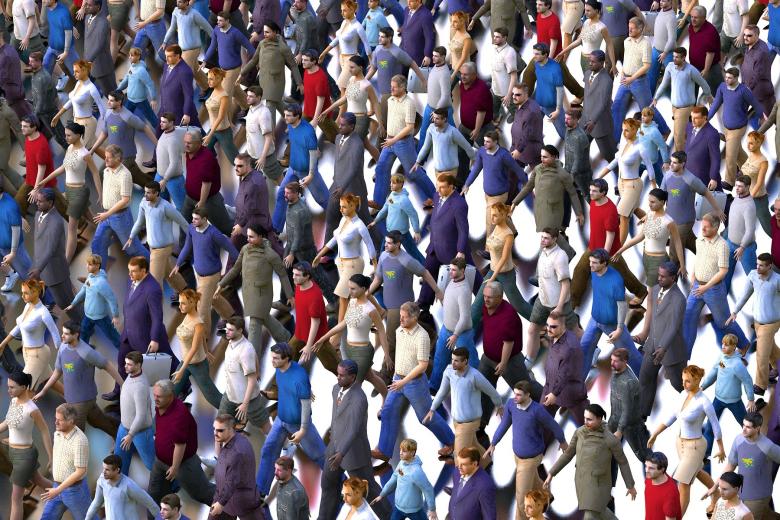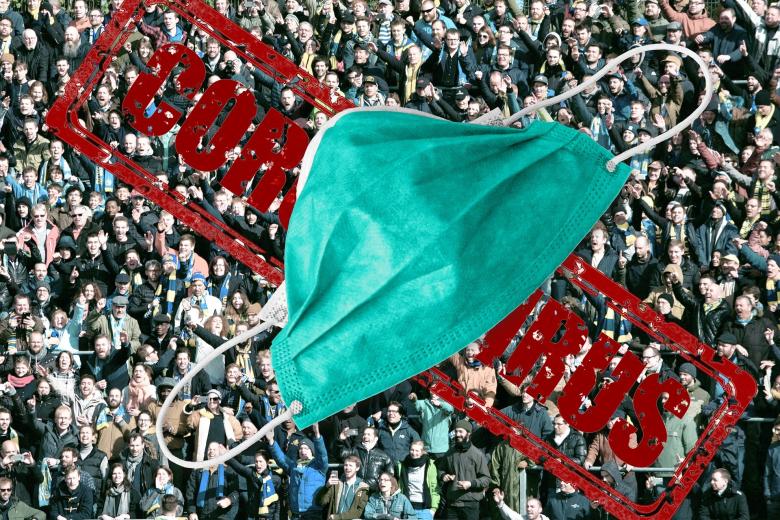Some cautious reflections on triage and human rights
Today in times of pandemic hospitals face a crisis of scarce resources. In many places this has already led to measures of triage where critical medical care is rationed to those who are most likely to benefit from it. In other places, it is clear that such measures will soon need to be taken.
The reality of triage raises serious human rights concerns. Human rights promise the protection of life and health care to everyone equally and without discrimination. Yet in the face of scarce resources, this promise cannot be fulfilled. Does this imply that human rights have nothing more to say, and that we must simply allocate resources where they are most efficient as a matter of pure cost-benefit analysis?
I would cautiously deny this. While compatibilizating the reality of triage and human rights is not something that has been extensively studied, the current model for addressing limitations of rights gives us some interesting parameters to work with, if they are wisely interpreted (often these parameters are abused, but that is a topic for another time).
When rights are to be limited, the limitations are usually assessed using a fourfold test. Courts assess (1) whether the limitation serves a legitimate aim, (2) whether the limitation is provided by law, (3) whether they are necessary and (4) whether they are proportional. Only if these four tests are met can the limitation be considered legitimate. We can interpret a measure of triage as being a limitation of rights and assess its legitimacy under the fourfold test.
That triage serves a legitimate aim can be taken for granted so we can begin our analysis in the second part of the test.
Measures limiting rights must be provided by law. This means there must be some rule framework through which the decisions on triage are taken. The existence of rules is desirable because it gives an opportunity for a political debate to arise in making such rules. Triage is not a purely technical decision; it involves value judgments. As such, it is desirable to allow political and democratic participation in some stages of the decision-making process.
Triage must be necessary. While often courts are cavalier in assessing necessity, I think the best interpretation of “necessity” for something like restriction of potentially life-saving medical care implies a thorough examination of where resources are being spent. Triage is necessary because resources are not available; but care must be taken to distinguish real, material resource scarcity, and scarcity that arises because resources are inefficiently assigned to inessential pursuits.
The assessment of proportionality asks us to compare the value of the claim that is being limited with the public interest or the rights of others. Here is the space that the human rights framework makes for considerations of efficiency like giving priority to patients with a high possibility of recovery. What is valuable of the framework is that the assessment of proportionality is only one of a variety of factors that must be considered in taking these momentous decisions.
Limitations cannot be the whole story. The law cannot allow individuals to be limited into nothingness. A true human rights perspective on triage would have to identify a minimum level of entitlement that may never be restricted even in the presence of resource scarcity. Exactly what this minimum should be is something that can only be decided through a democratic process, but some such level must be defined. The bare minimum must include the protection of core negative rights securing voice, conscience and self-help. In most societies it should extent to palliative care. In the case of wealthy societies, it might extend even further.
The point of embedding decisions on triage in a human rights framework is not to limit the decision-making authority of doctors and health care providers in a time of crisis. Doctors need authority to make fast decisions, and the law should not unduly obstruct them. There is a real danger of overregulation that must be avoided. However, there could be gains in legitimacy and efficiency if decisions on triage are embedded in a wider principled framework that engages society as a whole -not just the medical field- in addressing these dilemmas.
| More blogs on Law Blogs Maastricht |
G.M. Arosemena Solorzano
Assistant Professor; Maastricht Centre for Human Rights
-
COVID-19 Technology Access Pool (C-TAP): a promising human rights approach
How do we guarantee access to COVID-19 vaccines and therapies, and secure health-related human rights for all? We’ve heard a string of promises in the race for new vaccines and therapies.

-
Human rights, disabled people and Inclusive citizenship: planning for and beyond the corona virus and other emergency situations
The Corona Virus crisis has led many people to reflect on aspects of citizenship and civil rights, ranging from personal privacy in the context of “corona apps” to the right to receive health care and medical treatment without discrimination. This blog examines two elements of citizenship which, in...

-
The right to health dimensions of COVID-19
It’s been almost a month since the COVID-19 pandemic has drastically changed the way we live and work. Now that we are more used to, in a manner of speaking, the extraordinary measures to curtail the rampant spread of the virus, it’s time to seriously consider, and openly discuss, this crisis’...
